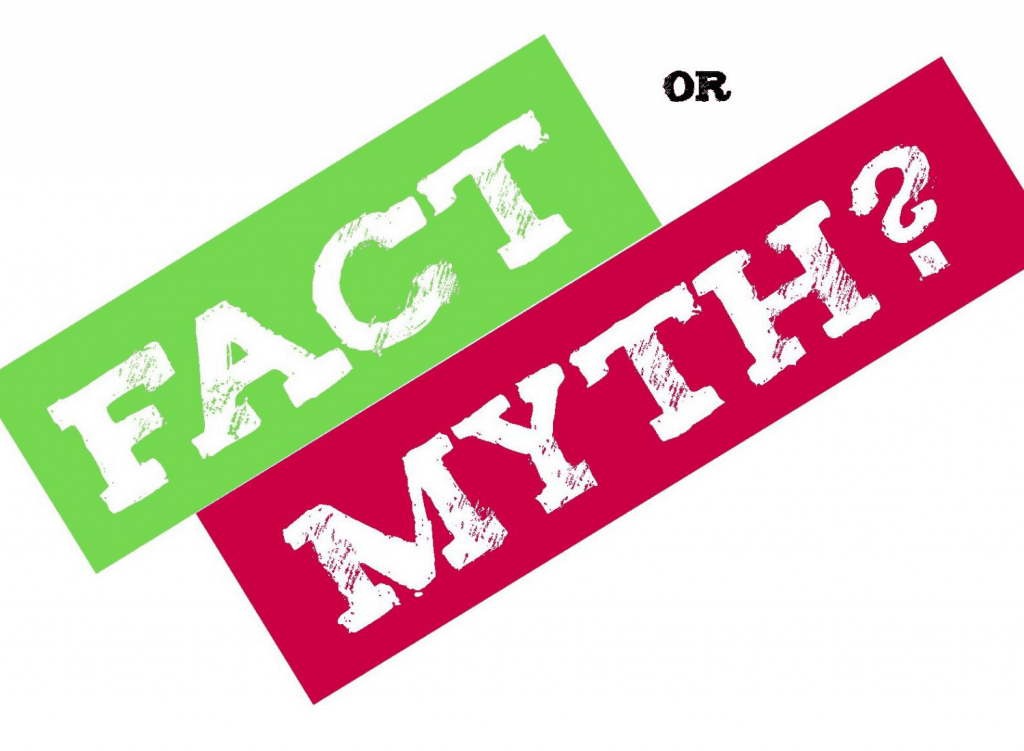There are lots of Myths in the diet system: let’s look into some of these to know and get yourself aware of what is wrong or right
1. Depriving yourself of the foods you enjoy work in the long run.
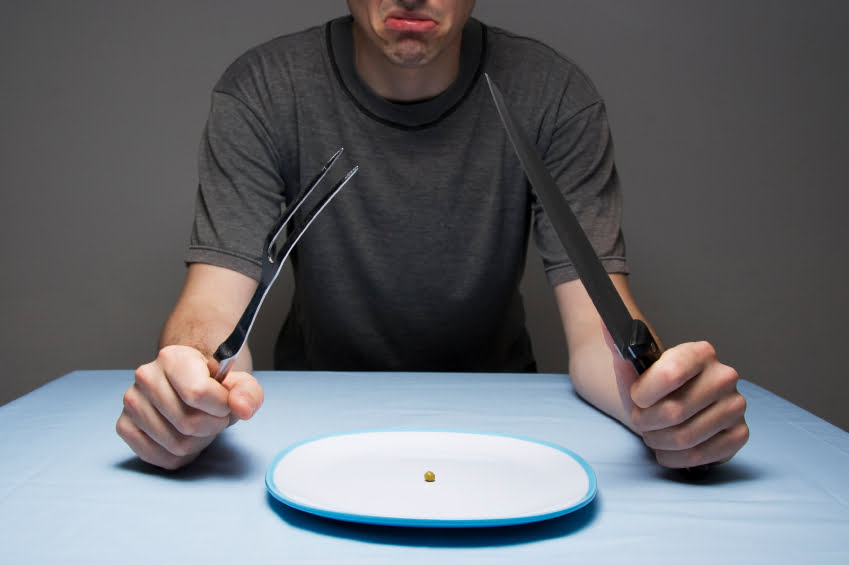
Depriving yourself of the foods you enjoy won’t work in the long run. You’ll eventually give in to temptation and abandon your efforts. There’s no harm in allowing you a treat now and again.
2. Skipping meals
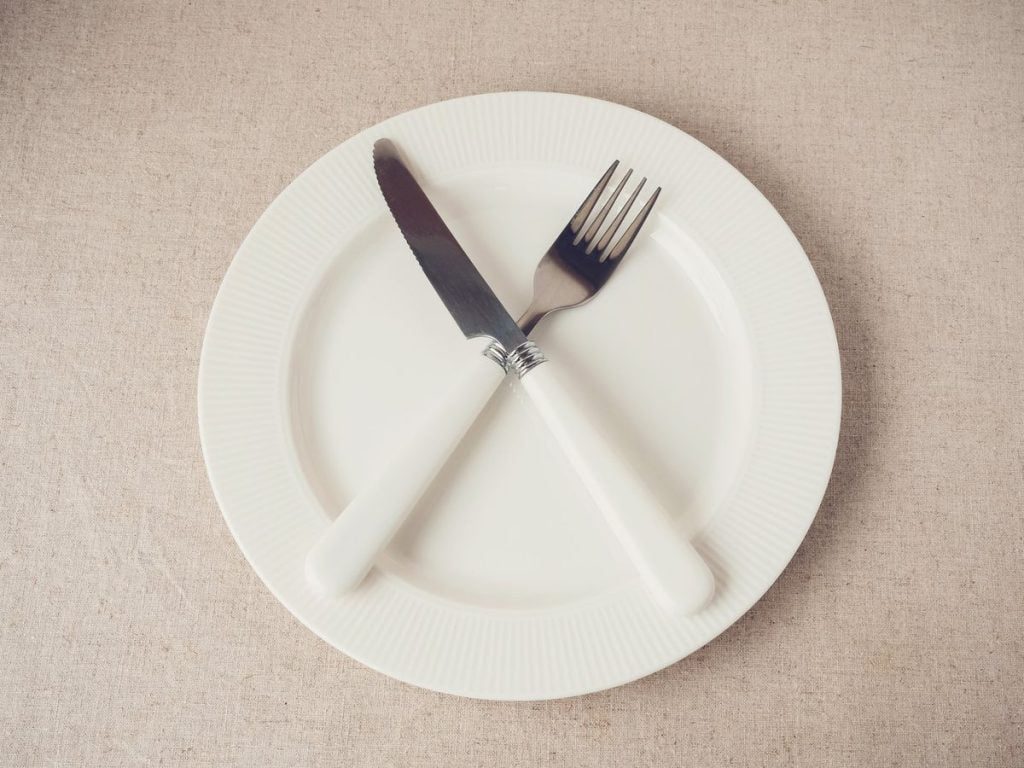
Especially SKIPPING breakfast is not a good idea, it can make you feel tired and hungry and more likely to reach for high-fat, high-calorie snacks. People who eat breakfast regularly are more likely to maintain a healthy weight.
3. If you eat nothing but only veggies all day long for a week you will, of course, lose weight.
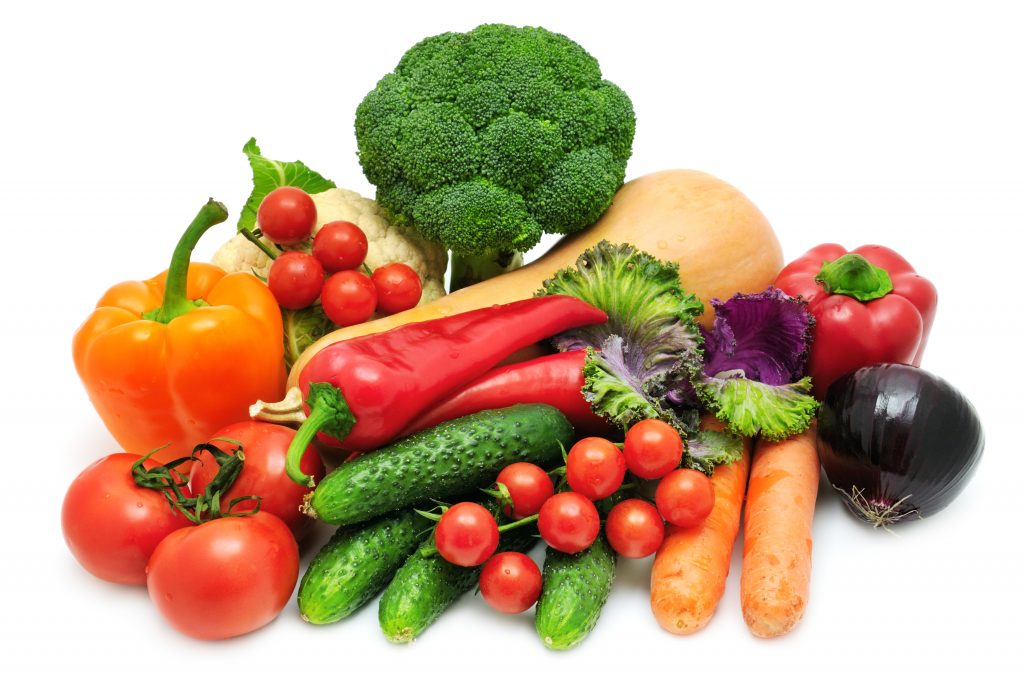
But fad diets that drastically cut calories won’t be effective in the long run. It’s not necessary to starve to lose weight – making small changes that you can stick to is the key to long-term success.
4. If you eat more at night then you will gain weight

It doesn’t matter when you eat if you are eating in high amounts – a calorie is a calorie whenever you take it at any time of the day! But yes it’s healthier for your digestive system not to go for a heavy meal before you go to bed but a late dinner will not make you any fatter than an early one.
5. Certain foods help you burn fat
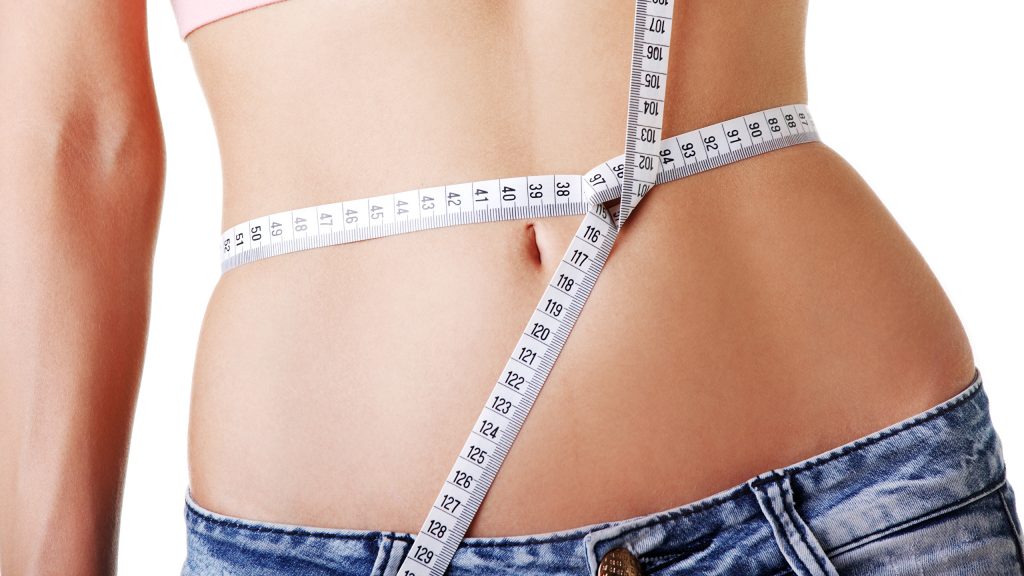
It’s difficult to pick and choose the foods where we gain or lose weight from. The body when loses fat it happens throughout the body. Focusing on a particular spot area of the body when exercising may develop better muscle tone in that area but it will not remove more fat.
6. Fat, when oxidized, gives 9 calories per gram, whereas carbs and protein have only 4 per gram, so to lose weight you have to avoid fat.

Fat is not your enemy. Although fattening products can be full of calories, a moderate amount of fat may help you feel full Fat also helps with the absorption of vitamins and phytonutrients, which are compounds in plants that are helpful to promote health.
7. Carbohydrates are fattening
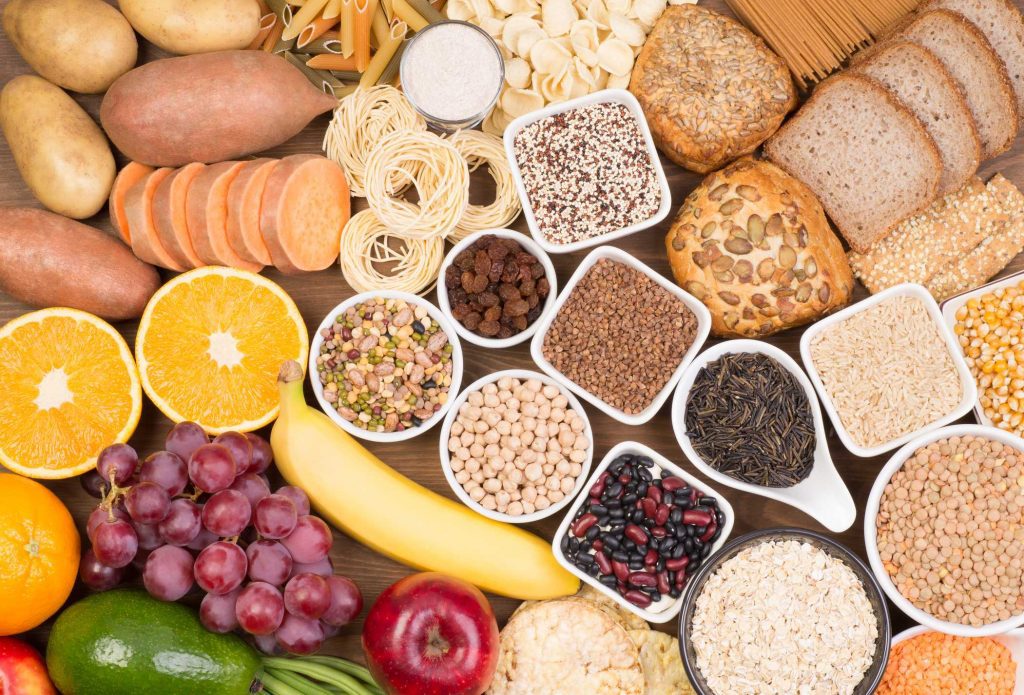
It’s calories that count, and gram for gram carbohydrate has less than half the calories of fat. But yes carbohydrate-rich foods can be high in calories because0 of the fillings and toppings added to them like creamy sauces on pasta and butter or cheese on baked potatoes.
8. Slow weight loss is the only way to lose weight and keep it off
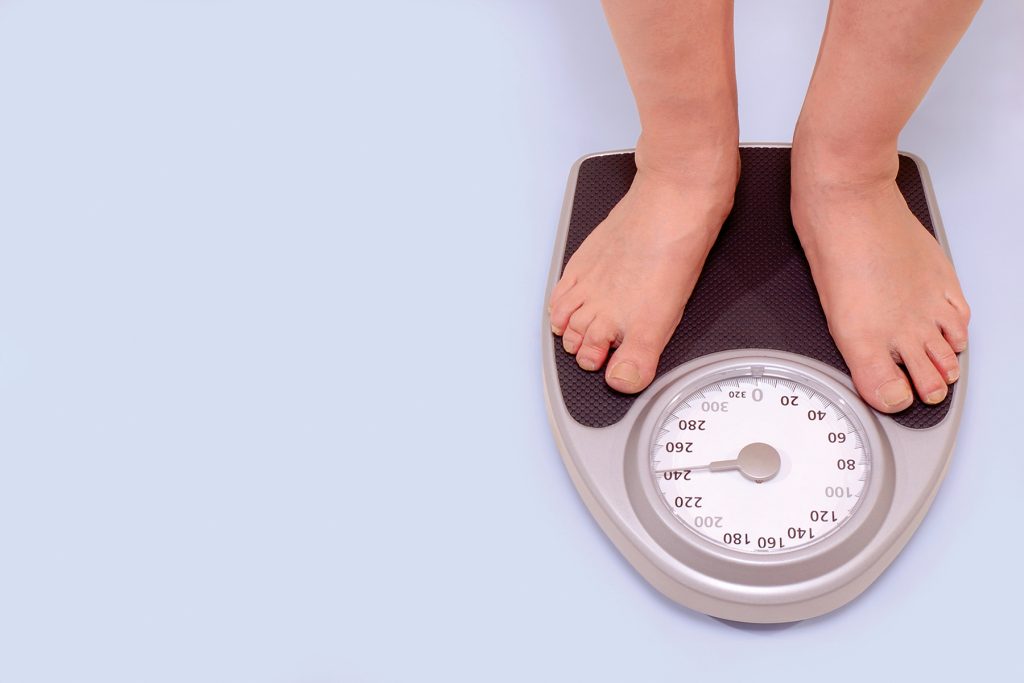
There are some studies which show that overweight people are more successful when they lose weight quickly, for instance, going from 300 to 250 pounds in less than a year.
Slow weight loss might not be the only option for you. But always be cautious to avoid fad diets that promise unrealistic results, they may not be safe and effective.
9. Fasting can help you lose weight quickly
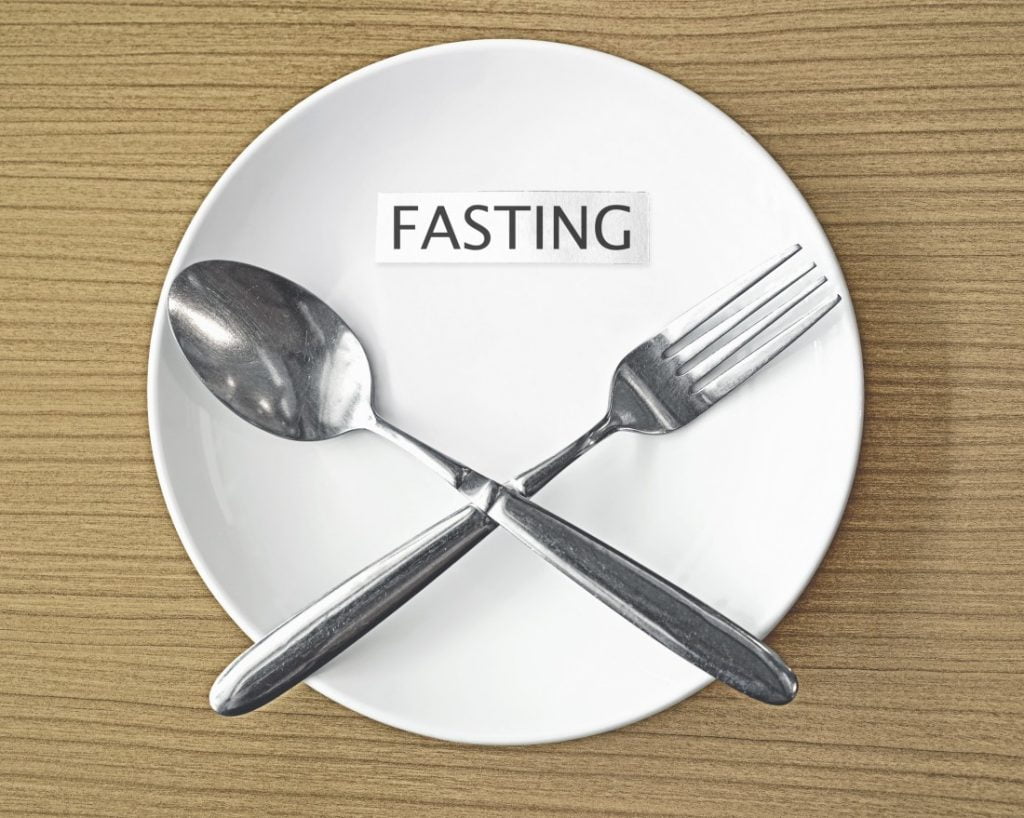
Fasting is not that healthy option if you go hungry all day and then fill it off with a huge meal that replaces all the calories you have skipped earlier. Compared to people who lose fat by eating fewer calories, people who fast lose more muscle than fat which is not healthy at all.
Advice: DO NOT cut out meals entirely, especially without a doctor’s supervision.
10. Coffee Isn’t Good for You

This is a recently controversial diet myth. Coffee, when consumed in moderation (2 cups daily), is a safe part of a healthy diet and contributes antioxidant like phytochemicals. Research suggests coffee may help reduce the risk of type 2 diabetes, gallstones, Parkinson’s disease, etc.

